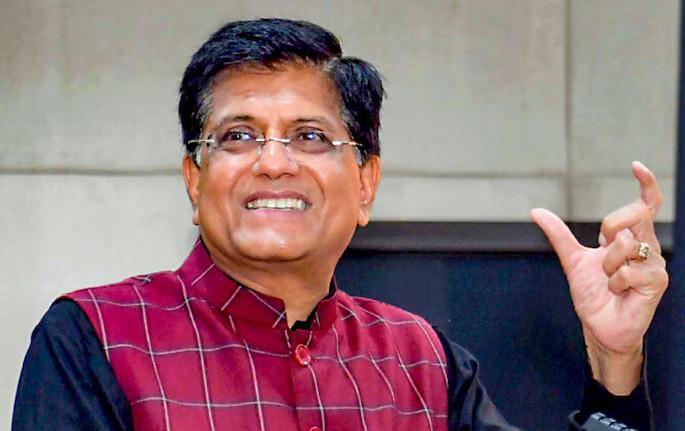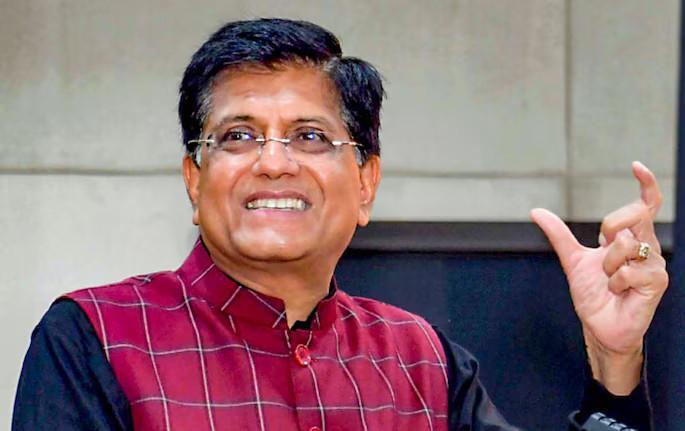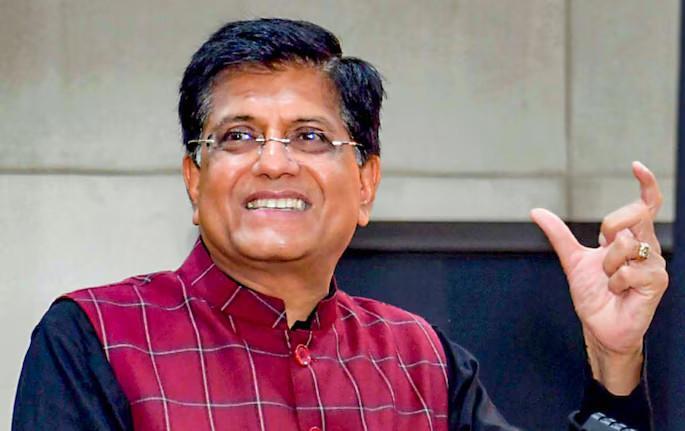
OpenAI & Elon Musk Agree to Fast-Track Trial over For-Profit Model
In a recent development, Elon Musk and OpenAI have agreed to fast-track a trial regarding OpenAI’s transition to a for-profit model, a court filing revealed. This decision comes after a court denied Musk’s request to pause OpenAI’s transition to the model.
Last year, Musk sued OpenAI and its CEO Sam Altman, accusing the company of straying from its original goal of creating AI for humanity’s benefit. Musk, who is also the CEO of Neuralink and Tesla, has been a long-standing advocate for the responsible development of artificial intelligence (AI). He has expressed concerns that OpenAI’s shift to a for-profit model could lead to the prioritization of profits over the well-being of humanity.
The dispute between Musk and OpenAI began when the company announced its plans to transition to a for-profit model. Musk, who has a significant stake in OpenAI, argued that this change would compromise the company’s mission to use AI for the greater good. He claimed that OpenAI’s new model would prioritize revenue over the company’s original goal of creating AI that benefits humanity.
In his lawsuit, Musk sought an injunction to prevent OpenAI from proceeding with its plan to become a for-profit company. He also demanded that OpenAI return the $100 million that Tesla invested in the company. However, a court denied Musk’s request, allowing OpenAI to move forward with its plans.
Despite the setback, Musk and OpenAI have now agreed to fast-track a trial to resolve the dispute. The trial is expected to focus on the legal implications of OpenAI’s transition to a for-profit model and Musk’s claims that the company is abandoning its original mission.
The decision to fast-track the trial is significant, as it indicates that both parties are eager to resolve the dispute as quickly as possible. The trial is likely to be a complex and contentious one, with both sides presenting their arguments and evidence.
Musk’s lawsuit against OpenAI has sparked a wider debate about the role of for-profit companies in the development of AI. While some argue that for-profit companies can drive innovation and efficiency, others are concerned that they may prioritize profits over the well-being of humanity.
The controversy surrounding OpenAI’s transition to a for-profit model has also raised questions about the accountability of AI companies. As AI becomes increasingly integrated into our daily lives, there is a growing need for transparency and accountability in the development and deployment of these technologies.
In conclusion, the agreement to fast-track the trial between Elon Musk and OpenAI is a significant development in the ongoing dispute over the company’s transition to a for-profit model. The trial is likely to be a complex and contentious one, with both sides presenting their arguments and evidence.
As the development of AI continues to evolve, it is essential that we prioritize the well-being of humanity and ensure that these technologies are developed and deployed in a responsible and ethical manner. The controversy surrounding OpenAI’s transition to a for-profit model serves as a reminder of the need for transparency, accountability, and responsible leadership in the development of AI.
Source:






